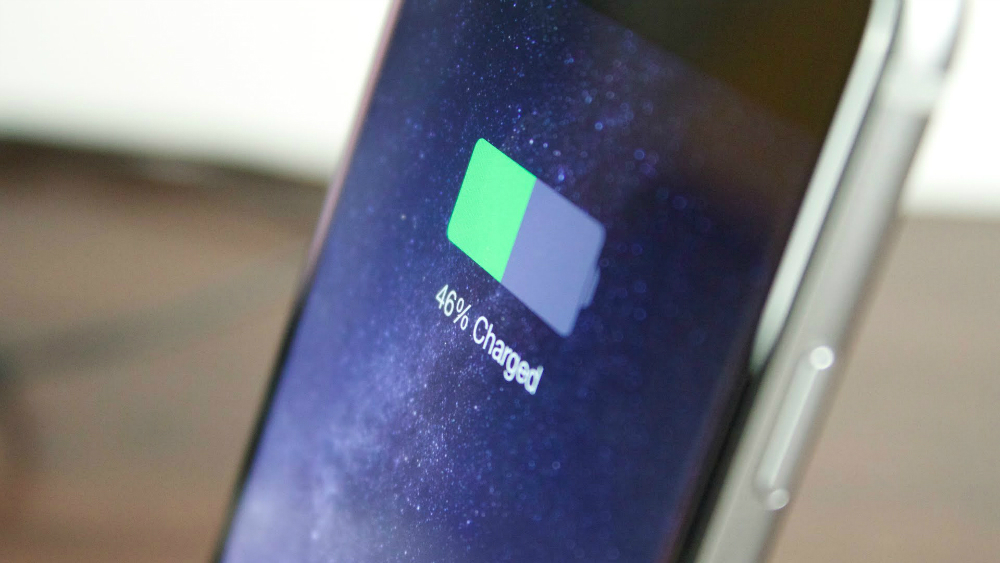Apple software engineering VP Craig Federighi recently dispelled one of the more long-standing myths about iPhone battery life. In short, if you spend a few minutes every day double clicking the iPhone home button and manually closing up applications in an effort to maintain battery life, you’re wasting your time.
In a report published on 9to5Mac, we learn that an iPhone user recently emailed Tim Cook asking if frequently quitting iOS apps from the multitasking pane is necessary to ensure optimal battery life. Though Cook didn’t respond, the message was passed on to Federighi who responded with an emphatic ‘no.’
Undoubtedly, Federighi’s response may come as a surprise for many. For whatever reason, ever since Apple added multitasking support to the iPhone with iOS 4, it quickly became common practice for people to open up the multitasking pane and manually close applications in order to ostensibly prevent battery drain.
DON’T MISS: Galaxy S7 vs. iPhone 6s: In-depth showdown declares one true camera king
The reality, though, is that the applications you see upon opening up the multitasking pane are actually nothing more than static images intended to represent a list of your most recently used applications.
Still, some iOS users swear up-and-down that manually quitting apps does, in fact, save battery life. Additionally, some users still perform the action just to be on the safe side, and that’s not to even speak of the people who waste time doing it everyday out of pure habit.
But as Apple support documents have indicated, “generally, there’s no need to force an app to close unless it’s unresponsive.” Apple support docs further explain: “After you switch to a different app, some apps run for a short period of time before they’re set to a suspended state. Apps that are in a suspended state aren’t actively in use, open, or taking up system resources.”
With that information in tow, coupled with Craig Federighi’s direct email on the matter, hopefully we can finally put this commonly held iOS myth to bed once and for all.








